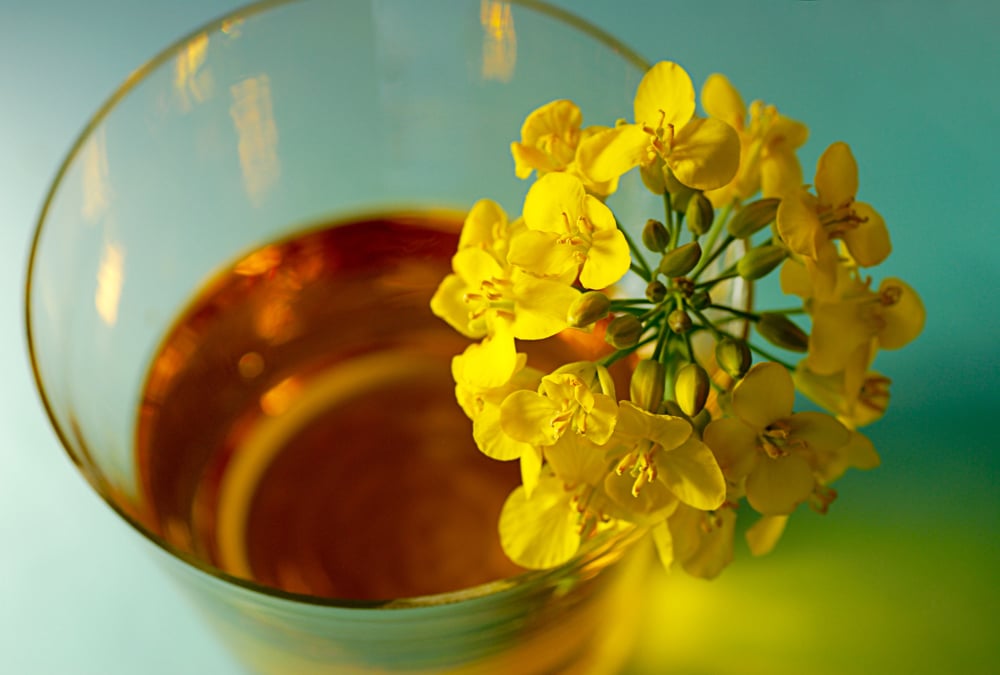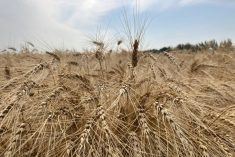(Resource News International) — A decision by the government of India to extend import tax exemptions on pulses entering the country for another year will benefit Canadian exporters, said an official with Pulse Canada.
To increase the domestic supply of pulses, the Indian government decided at a cabinet meeting to extend import tax exemptions for pulses until March 31, 2010, Indian public broadcaster Doordarshan reported March 18.
In addition, a decision was also made to extend the ban on exporting all varieties of pulses, except kabuli chana (chickpeas) through March 2010.
Read Also

Government to invest in biofuel production
The federal government will invest $370 million in a new biofuel production incentive.
“I would say it’s good news if those (import tax exemptions) have been extended,” said Carl Potts, director of market development with Pulse Canada.
“India is our largest market for pulses, and having zero import duties obviously keeps prices lower there,” Potts said, adding that India is a price-sensitive market and anything that reduces the cost to consumers will help encourage demand.
India purchased over a million tonnes of Canadian pulses in 2008, said Potts. While demand for pulses from India had slowed down over the fall months, Potts saw the decision to extend the exemptions on pulse import taxes as a signal that the country remains in a deficit situation with their domestic production relative to demand.
Cam Laxdal, of Canadian pulse export company Lakeside Global Grains Inc., with operations in Saskatchewan and Manitoba, said the continuation of the import tax exemptions in India was definitely a positive sign that India would remain in the market for pulses.
However, he said, it was difficult to gauge what the demand from India would be from year to year.
“At the end of the day, it depends on how much they need to import based on their current production,” he added.















